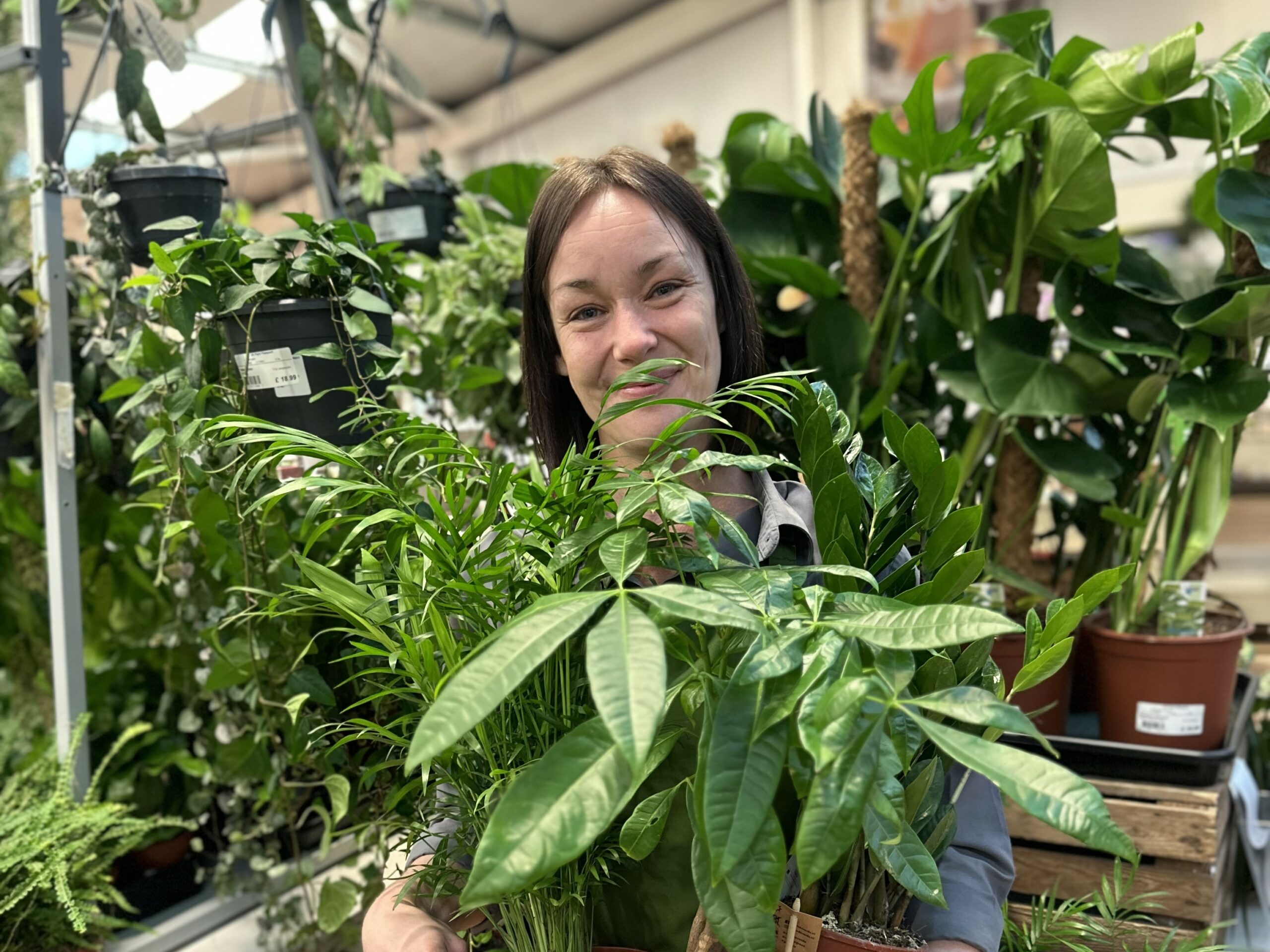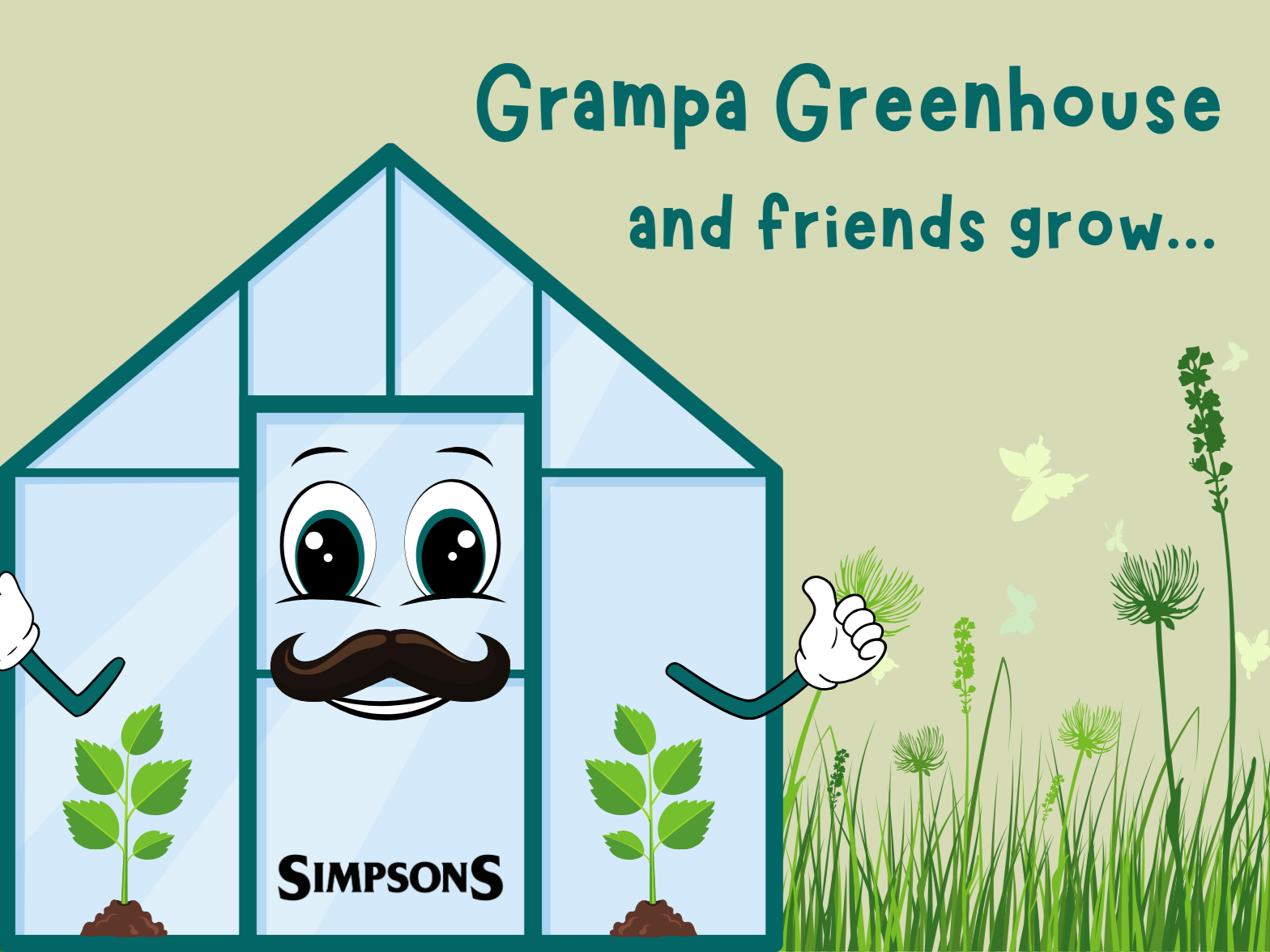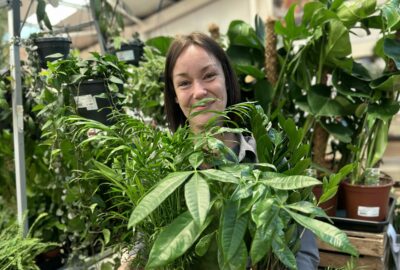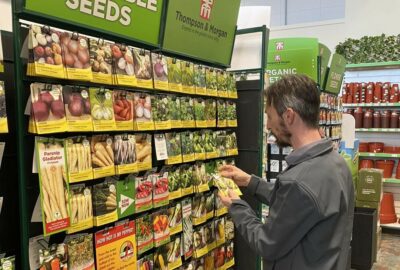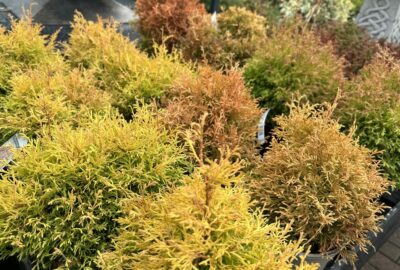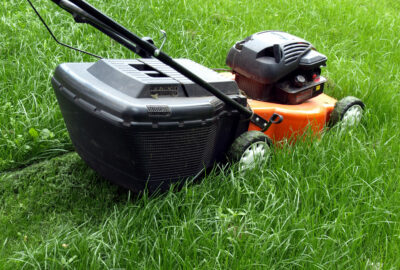Gardening Advice, Houseplant Advice
Choosing Your Houseplant Compost
The best houseplant compost
When it comes to houseplants, there are three important things you have to consider to provide your plants with the best home possible – water, compost and sunlight. In this blog we will be looking into choosing the right compost for your houseplant, taking into consideration the most environmentally friendly compost options available.
Great Houseplants Start with Great Compost
Here are our top 5 houseplant composts which are not only great for your plants but also the environment:
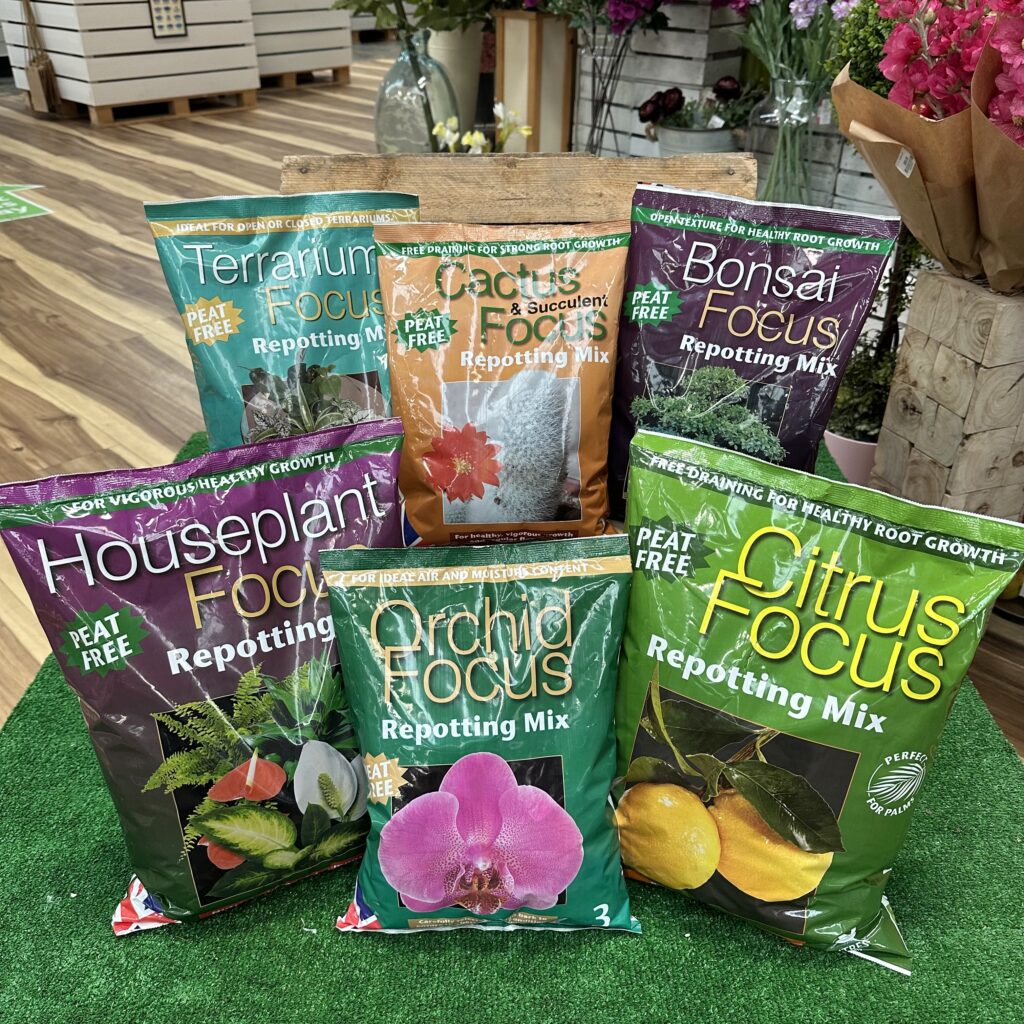
Focus Peat Free Houseplant Repotting Mix
This is the best ‘multi-purpose’ compost mix for a range of houseplants. Great for promoting healthy root growth.
Focus Peat Free Orchid Repotting Mix
Composed of specially selected and graded bark which provides the optimal conditions for an Orchid. Only use bark to repot an Orchid and it is recommend to repot every 12-18 months to ensure the bark doesn’t begin to hold too much water.
Focus Peat Free Citrus Repotting Mix
The best option for a wide range of citrus trees, including oranges, lemons, mandarins and limes. It is recommended to repot your citrus trees every 18-24 months*.
Focus Peat Free Bonsai Repotting Mix
Composed of coir, composted fine bark, grit and sand to provide the best results for growing a wide range of bonsai trees. Young bonsai trees will need repotting every year, however older, slower growing bonsai trees only need repotting when they have out-grown their pot*.
Focus Peat Free Cactus & Succulent Repotting Mix
Great for encouraging healthy and strong growing Cacti and Succulents. It’s recommend to repot your cacti and/or Succulents every 12-18 months*
Focus Peat Free Terrarium Repotting Mix
Designed to be used for both open and closed terrariums, promoting healthy root growth.
* You may need to repot sooner if old soil conditions have become poor.
Peat vs. Peat Free Compost
You’ll notice all of our compost options discussed are ‘peat free’ and you may have seen a lot of debates circling around regarding peat free growing medians, asking the questions:
- Why is peat so bad?
- What is peat free?
- What’s the difference between peat and peat free compost?
Therefore, we want to provide you with answers to these questions and help you make a fully informed decision before going peat free:
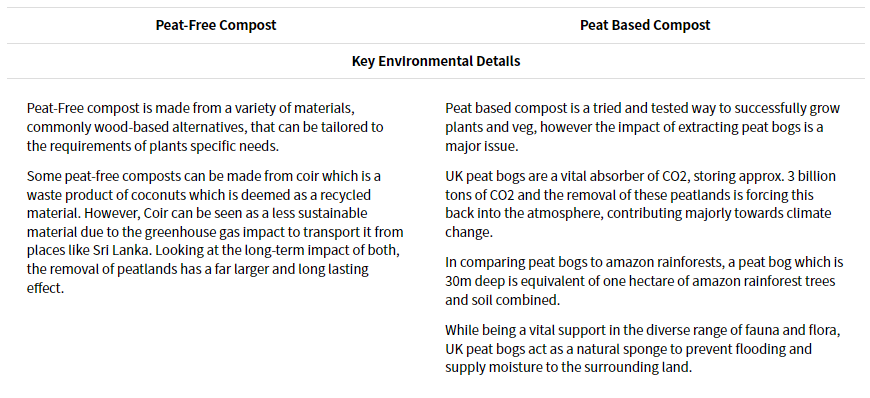
Common Issues with Peat Free Houseplant Compost
With any change in houseplant care, you may come across some issues. Here we are looking at the most common houseplant issues when using peat free compost and how to avoid them.
Increase Watering Regularly
Peat-free mixes have a tendency to dry out more easily. They also have a coarse texture, which can appear dry on the surface but still damp further down. Check soil is dry all the way through before watering.
Water little and often
Feed During Active Growth
The correct feed should be used for your specific houseplants – if you are unsure ask our team. During its period of growth, typically spring and summer, feeding is essential to encourage lush and healthy plants.
Feed twice a month during growing season.
Find out more about how to deal with common houseplant issues in our other blog ‘What’s wrong with my houseplant’ HERE.
Comments are closed


